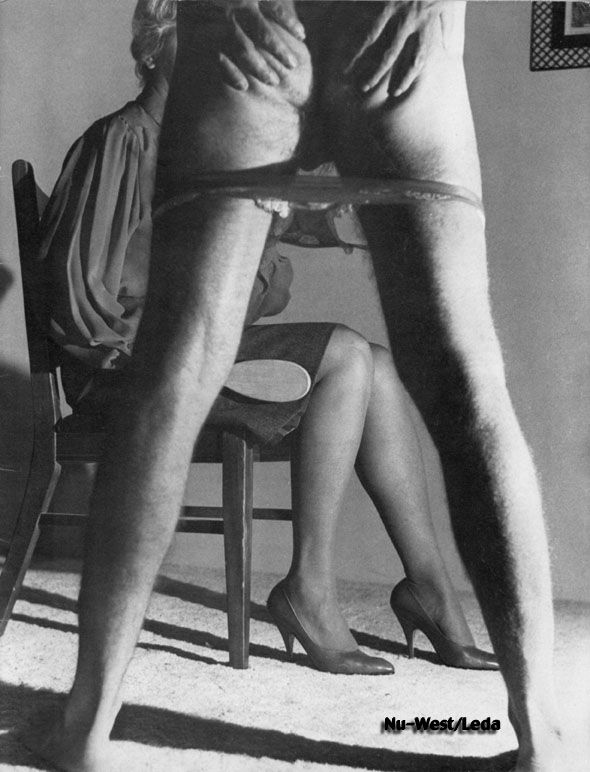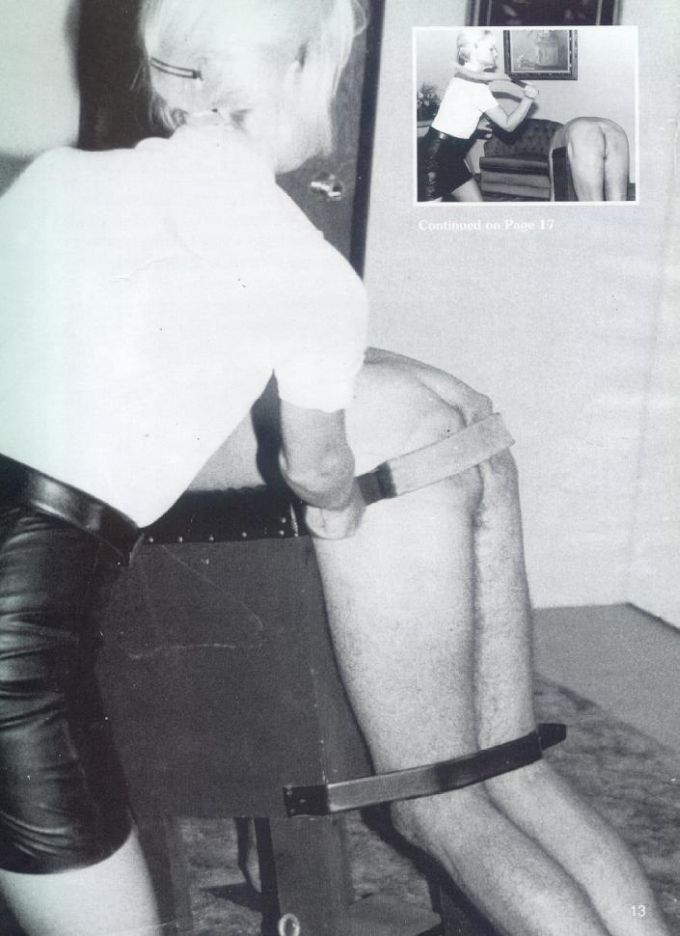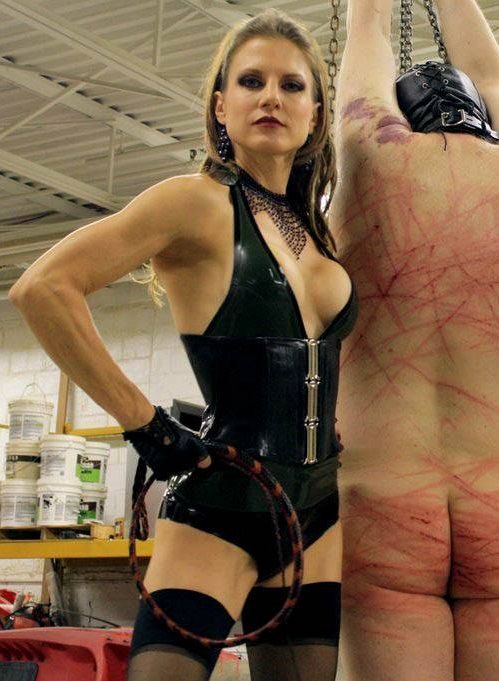Does it matter why someone is kinky? Are the reasons important? In some circumstances, can ignorance be bliss?
Miss Margo recently put up a post that got me thinking about these questions. The post itself is a complex one and touches a lot of issues. It’s not my intent to try and unpack it or even respond directly to it. There’s just a single section that I want to use as a jumping off point. It concerns a client of hers named Mel. As a child he was physically abused by his father, and as an adult he now roleplays very heavy corporal scenes as an authority figure to Margo’s errant child. In talking about that childhood abuse, the following exchange happened…
Mel tilted his head to the side, considering, and then said the most incredible thing I’ve ever heard come out of a client’s mouth: “It’s not like it screwed me up or anything.”
I almost started laughing–it was clearly a joke. I waited for him to laugh, but he didn’t.
He wasn’t kidding.
Yeah, that was an instant classic. I kept my mouth shut because I didn’t want to offend him, but I wanted to ask, Buddy, do you SEE WHERE YOU ARE? You are compulsive enough to act out the same scenario, over and over again, at the expense of many thousands of dollars, for your entire adult life.
I think most people, both kinky and not, would respond the same way as Margo (although perhaps without the same restraint). The childhood trauma certainly did seem to screw him up and to be re-enacting it without that awareness doesn’t come across as a healthy action. But then it got me thinking about my friend Sal, who I just made up. He’s a nice guy, very competent, friendly, and happens to like exactly the same roleplay and activities that Mel enjoys. The only difference between him and Mel, besides the minor detail of Sal not existing, is that he has no idea why he enjoys what he does. He had a happy childhood with no physical abuse. He’s just kinky and, like a lot of kinksters out there, he gets upset when I tell him he’s screwed up. “Paltego,” he’ll never say to me, “you like women sticking needles in your nipples, electrocuting your genitals and pissing on you. So who’s the messed up one here?”
Now obviously I know I’m completely healthy and normal. Sal seems to be as well. But what about Mel? If he likes exactly the same things as Sal, can he be screwed up? Does the reason matter if they’re both now in the same place?
Given this is just a thought experiment, we can push it a step further. Let’s assume all kinky people can be ‘cured’ via therapy or drugs. Should we treat Mel? If he came to his current state because of abuse, it seems right to treat it. But then what about Sal? They’re different in background, but both identical in their current kinky activities. Can we say Mel should be treated but Sal shouldn’t? What if they’re both happy the way they are?
Alternatively, we can flip it around. Let’s say we know for sure that kink is a sexual trait set at birth. Your later life only influences how it ultimately manifests itself. In this case Mel was always going to end up involved in BDSM. The only thing his father did was to direct his interest, not create it. Is he still messed up? If we can trace Mel’s influences but not Sal’s, does that matter? And if Sal has ended up liking the same activities without the traumatic background, what does that tell us about how we’re influenced?
These are obviously all rhetorical questions. I’ve no idea what the answers are. From Margo’s description it doesn’t seem that Mel is using his play to work through issues or address the trauma. He’s simply letting it inform his sexual life, which seems messed up. Yet, why should those of us with no clear reason for our interests somehow get a free pass? Is my desire to be beaten somehow healthier because I’ve no idea why I like it?
 Given the theme of Mel’s sessions, a corporal focused image seemed to be the right one to use. Obviously this is femdom rather than maledom. I found it on the Hommage to Dominatrixes tumblr. I’m afraid I don’t know the original source.
Given the theme of Mel’s sessions, a corporal focused image seemed to be the right one to use. Obviously this is femdom rather than maledom. I found it on the Hommage to Dominatrixes tumblr. I’m afraid I don’t know the original source.













